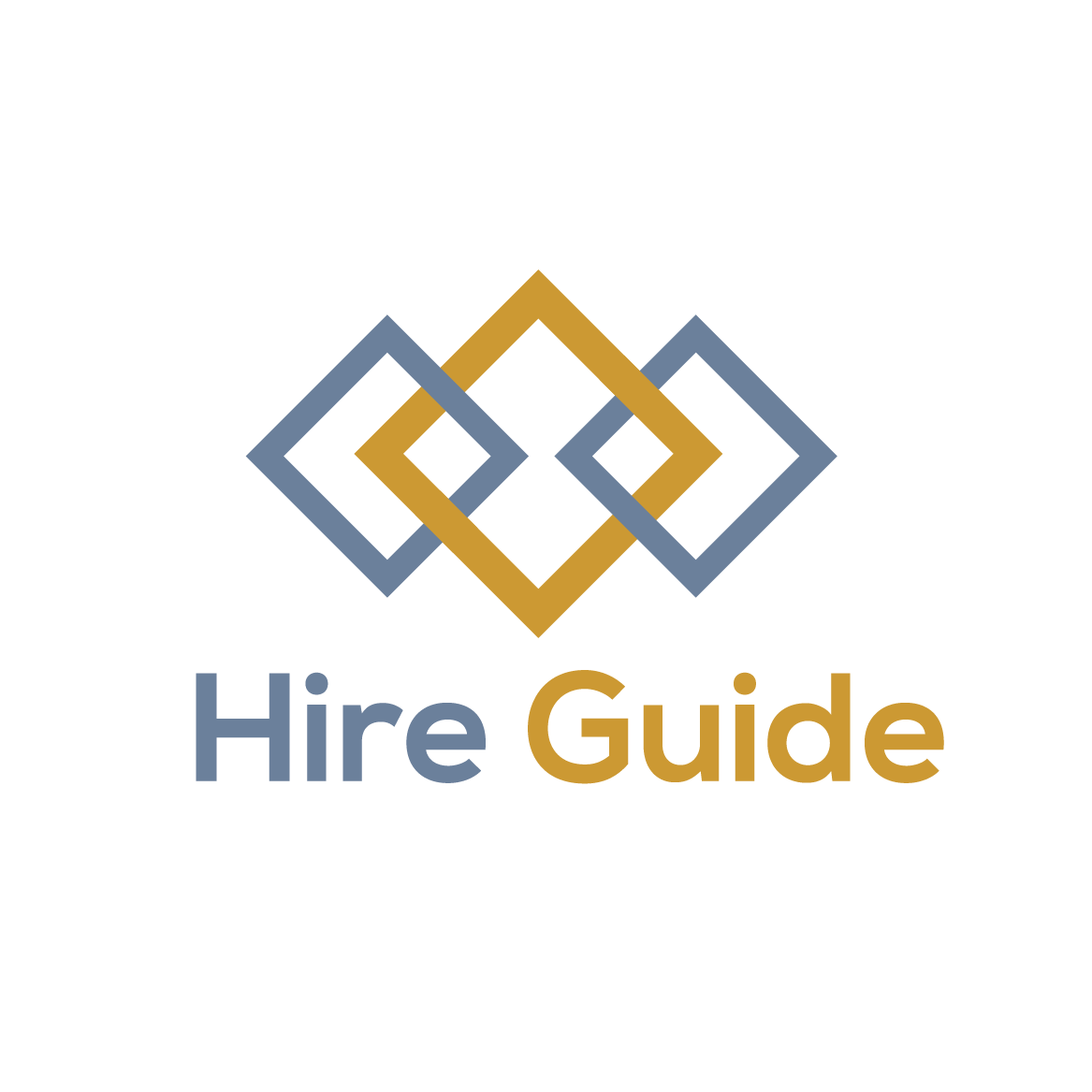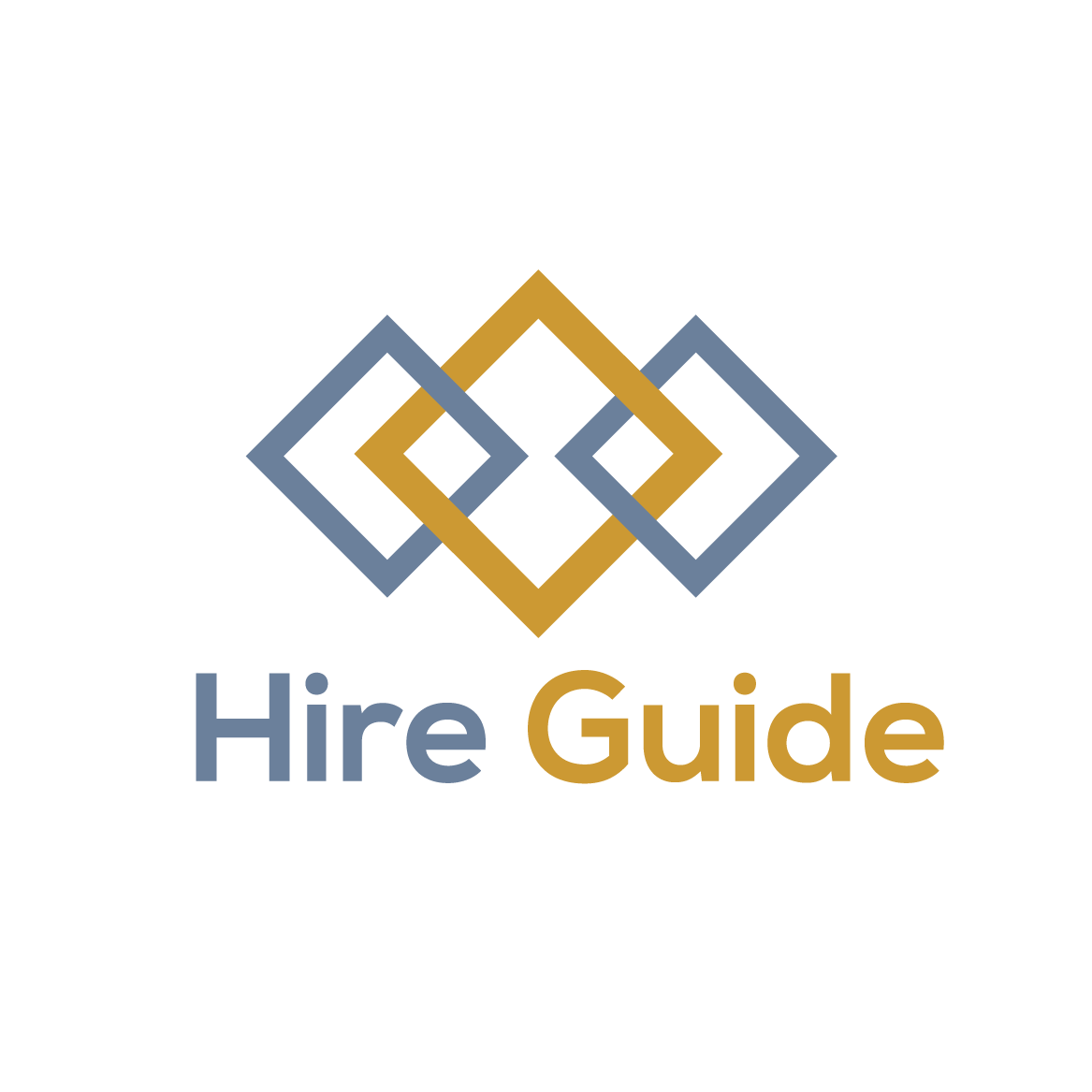You have a second interview. Well done! You are a big step closer to getting the job. The stakes are higher and so is the bar. In the second interview you will be directly compared with a group of well qualified candidates. You will need to work harder to rise to the top of this group.
Here is some great advice to help you ace your second interview.
Preparation is essential in a second interview
Even more than in the first interview it is essential that you prepare for a second interview. Initially the company was probably impressed that you had done your homework. In the second interview they are expecting you to be well informed. ![]()
For more information you may want to review this article about how to research a potential employer.
Make sure you you know the interview agenda in advance. This will tell you each person you will meet. It should also tell you if the interviews will be in group format or conducted individually. Finally, the agenda should alert you about any additional screening or testing that is involved.
Retrace your steps
It is likely that you will be asked some of the same questions that you were asked in the first interview. Don’t get frustrated. This is a gift. You should get better each time you practice something.
Don’t miss your second chance to answer a question. Carefully review your notes from your first interview. Analyze your responses and note how you will improve on them. You will probably get your chance.

Unless the employer specifically instructed otherwise continue to dress in your best professional attire. You might have noticed the company was business casual. The point is not to blend in. You are there to make your very best impression. Dressing up is a sign of respect and a signal how seriously you are taking the process.
For more information about how to dress you might review this article, What to Wear to an Interview.
Dinner and drinks
Many employers like to see how you behave in a social environment. Inviting you to lunch, dinner or drinks is a common way to watch you interact with other team members.

Inviting you to spend time together outside of the workplace is obviously a very positive sign.
Never forget that you are being evaluated. Mind your manners. Be careful not to over eat. If it is a drinking environment limit yourself to 1 cocktail. Order food that is easy to eat and not messy. This is not the time for ribs or lobster. Mind your image and keep your attention on the conversation. Even if this invitation is not on the agenda do your best to make yourself available.
Maintain your energy
Interviewing is a high caloric activity! Most of the time a second interview includes more than 1 interviewer. It’s easy to let your enthusiasm drop as the day goes on It is up to you to make sure that doesn’t happen. Get a good night of sleep the night before. Hydrate and eat a healthy meal before your interview.
Make it very clear to each interviewer how much you want the job. You will be making many first impressions. It is important that they are all positive. The final decision often comes down to which candidate was more enthusiastic and motivated.
A good trick is to share something that you are particularly excited about with each new interviewer you meet. This will help you keep your motivation high because you are keeping your eye on the prize. It also signals to the interviewer that you are paying attention and really want the job.
You’re not bragging, you are applying for a job
This is your opportunity to state your case about why you are the best choice. In a second interview the employer expects you to be very familiar with the job. They also want you to know why you are a fantastic fit.
Come prepared with specific examples of your past experiences. Be ready to tell stories that match your experiences with both the hard and soft skills listed on the job description. This will take a lot of practice in the days before the interview.
Do your homework
More and more often employers are giving candidates a task to perform before a second interview. You may be asked to prepare a written statement, make a presentation or share your thoughts on a specific topic. The motivation may be to test your communication skills. It could be to see if your strategy makes sense.
Whatever the motivation make sure you put your best effort into completing the task. Anything less than a great effort will send the message that you are not very serious about the opportunity.
The money talk
![]()
In a second interview it is time to discuss compensation. It is uncomfortable to discuss money in our culture. Get over it. Know that your interviewer is just as uncomfortable with the topic. If you keep your cool you will gain an edge.
Don’t be the first to say a specific number. However, you will need to be ready with specific information about what you have made in the past and what you expect to earn in the future.
For further information read my article How to determine how much you should be making.
Watch for the curve ball
The further along you get in an interview process the more likely you will see a curve ball question. These are designed to get you out of your box. It is a way for the interviewer to test your ability to respond in an unexpected situation.
There is no way to prepare for every odd question you might face. Above all remain calm. Remember that this is a test of how you handle yourself more than a test of your creative abilities. If you maintain your composure but fail to come up with a good response you’re still in good shape. Lose your control and you lose points in the interview.
Group Interviews 
You may find yourself interviewing with more than 1 person. You might even find yourself interviewing with more than 1 candidate in the room with you. What is most important is to maintain your composure.
Share your attention evenly with every interviewer. Even if one of them is dominant or asking most of the questions make eye contact with everyone. Address your responses evenly. Every person interviewing you will have input into the decision. You need to impress all of them individually.
Strategic Plan
In a second interview be prepared to describe your strategy for assuming the job if hired. If you were in the role now what would you be doing to succeed? Make sure that your strategy is in line with the goals of the organization.
An easy way to prepare for this is to describe a strategy for the first 30-days in your job (if hired). Details matter. At a minimum you will impress the interviewer with your enthusiasm. Many expect that you would have a strategic plan even if they didn’t ask you for it.
Have questions prepared
At some point in the process you will have a chance to ask question. Be prepared. Your interviewer will notice if you scramble to think of an intelligent question to ask. Even worse, you report that you have none. This signals that you either not very interested in the role or that you don’t have any thoughts about it. Either way you’re probably not going to get the job.
This may be your last opportunity to evaluate the company. Formulate your questions around what is most important to you. It is very acceptable to ask about growth plans, future career opportunities, benefits, culture or whatever else has not been covered already.
Be a closer
This is probably your last chance to make an impression. Before your interview prepare and practice a final pitch for yourself. This should be between 30 and 120 seconds long (yes, time yourself). It should be a summary of all of the points that match between the job description and your experience.
The second interview may also be a final opportunity to express your enthusiasm for the company. Tell the interviewer what you like best about the company, the team, the culture and the opportunity it affords you.
Ask for the job
 It is amazing how few people will take this last step. Many studies show that it is the single best thing you can do to get the job offer. This can be as direct as asking when you can start. Or, a little more subtle is to ask if there is any reason the interview would not offer you the job. Or inquiring about how you compare to the other candidates in consideration.
It is amazing how few people will take this last step. Many studies show that it is the single best thing you can do to get the job offer. This can be as direct as asking when you can start. Or, a little more subtle is to ask if there is any reason the interview would not offer you the job. Or inquiring about how you compare to the other candidates in consideration.
At the very least make sure the interviewer tells you exactly when the hiring decision will be made and let them know that you will be in contact. Follow up the day before that date by email as a final reminder about what a great candidate you are.
The second interview is a lot more in depth than the first. The field of candidates is also more qualified. The cost of making a bad hire is high. As the company gets closer to making a hiring decision they want to make a good one. It requires more work and preparation to rise to the top. Following these guidelines will allow you to make the best impression possible in a second interview.
Do you have a specific question? I’d love to help! Contact me directly or schedule a free 20-minute consultation.




